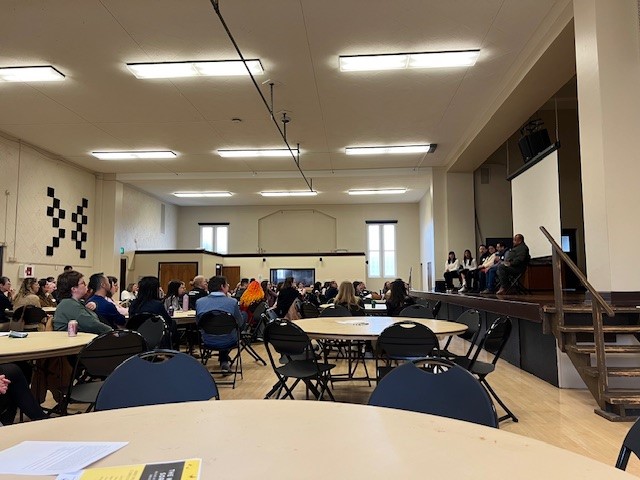Living in the rainy state, the gloom tends to cast a shadow on the mental health of teenagers although that is not to say there aren’t numerous solutions to be explored that can help brighten people’s days. The lack of sun, increased workload, and for some Seasonal affective disorder are all factors that can take a toll on people’s energy level and mood.
As the season gets darker it begins to alter chemical balances in the brain producing less serotonin which intern decreases the ability to regulate people’s mood. The lack of vitamin D contributes to feeling depressed along with the body’s continuous production of melatonin which leads to fatigue. People affected by these adjustments may experience symptoms including a loss of interest in previously enjoyed activities, agitation, low energy, and difficulty concentrating to name a few. These symptoms occur during the changing seasons and are known as the “winter blues.” The severity and symptoms of winter blues vary but it is important to be aware to monitor its effects and find beneficial solutions.
Seasonal affective disorder otherwise known as Seasonal Depression is experienced by about 5% of Americans. The disorder occurs due to the change of seasons entering either summer or winter. About four in five people with seasonal depression are women and most often young adults. It may present itself by affecting one’s ability to work, may be taxing on personal relationships, cause oversleeping or eating, and self-isolation. People experiencing these symptoms should seek professional help as well as focusing on strategies to maintain motivation and mental health.
Though cloudy days are inevitable, there are many strategies that will help maintain positivity and bring some form of sunshine back into the day. Getting outside to maximize natural light exposure, staying active, staying engaged in everyday activities, and spending time with friends are all great ways to cope with seasonal changes. Sleep, reducing caffeine intake, vitamin D supplements, and light therapy lamps are even more examples to help during the darker season. Acceptance is a key factor to move forward, as one of the school counselors Dr. Rosellini explained, “Cognitively you can think about how the season is going to change, it’s going to get better… accept that you can’t change the weather and focus on what you can control.” Whether a person is experiencing winter blues or seasonal affective disorder there are always ways to help brighten the day ahead and help find beauty and excitement amid the changing seasons.







